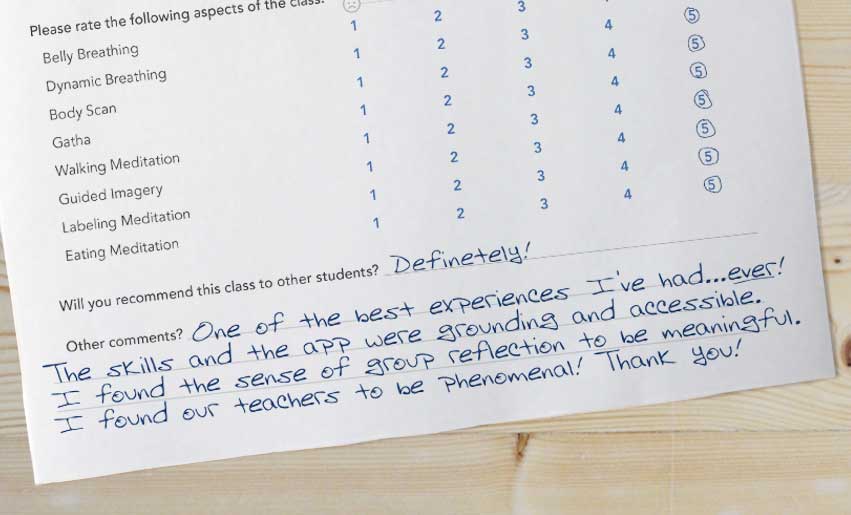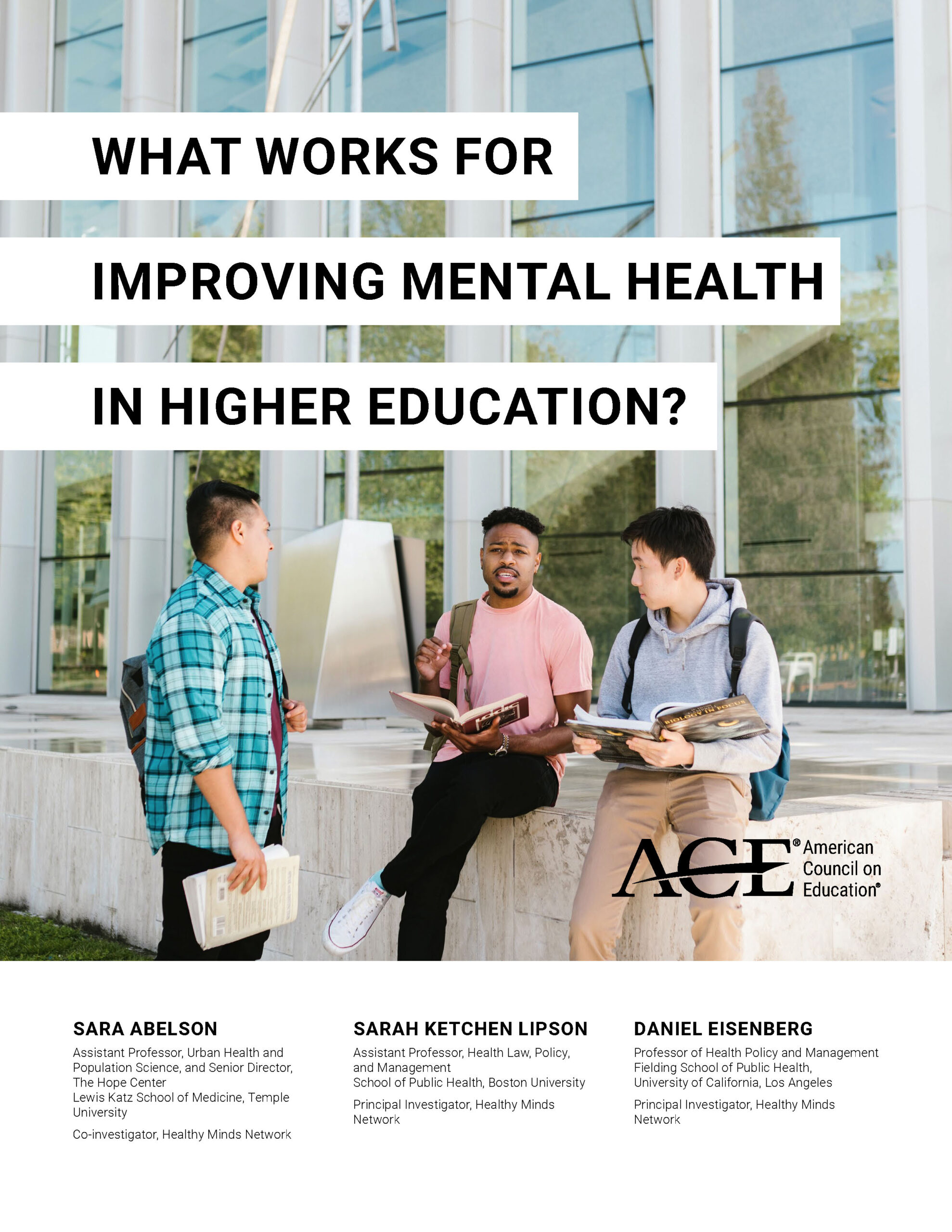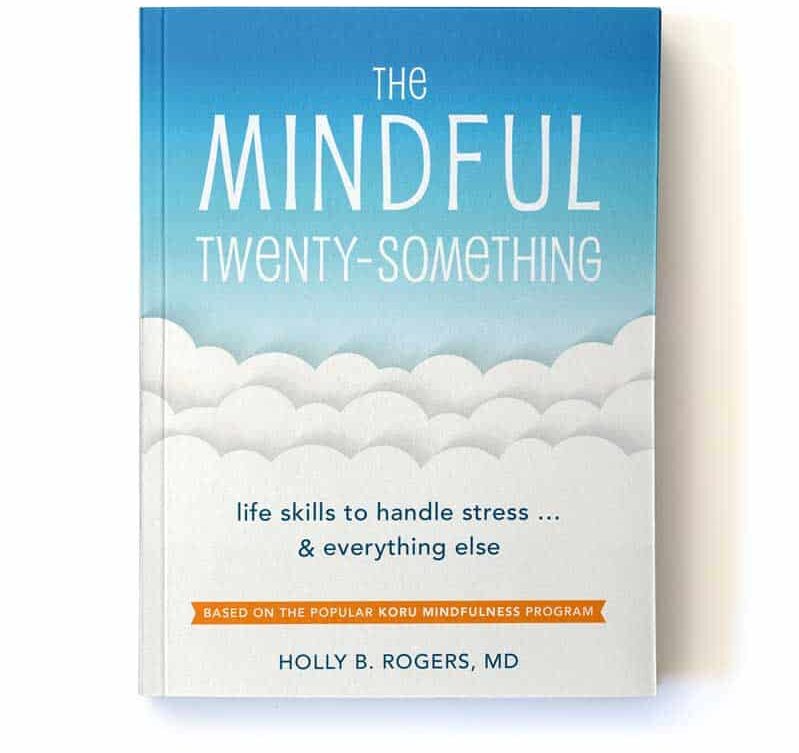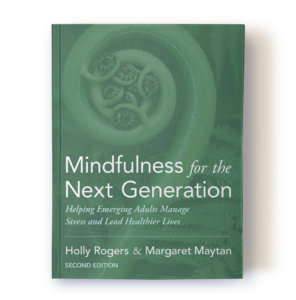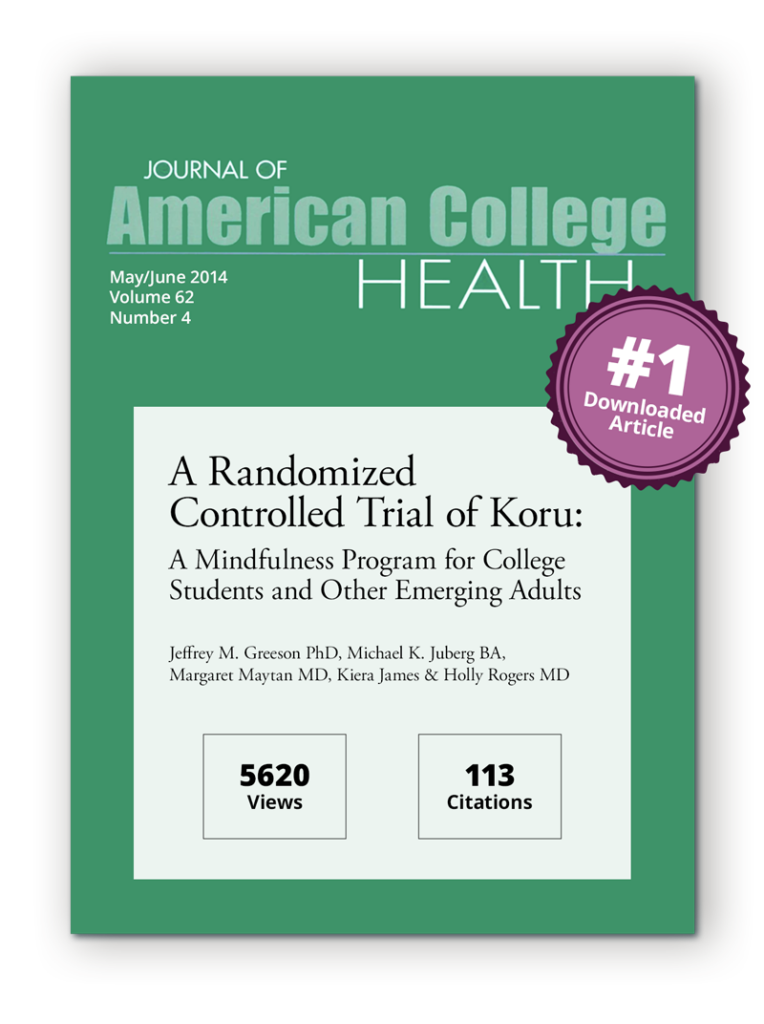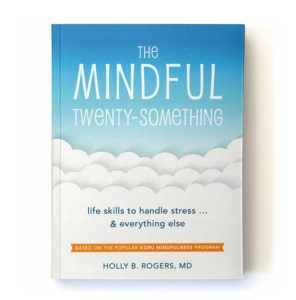Insights from ACE’s Landmark Report
Transforming Mental Health in Higher Education
Discover how the latest findings from the American Council on Education (ACE) underscore the critical need for evidence-based mental health interventions in higher education settings.
This executive summary not only highlights the pivotal recommendations from the ACE report but also explores how the Mindfulness Institute for Emerging Adults (MIEA) offers a tailored, evidence-based approach to meeting these challenges.
Understanding the Mental Health Crisis on Campuses
A staggering array of strategies and programs have been deployed across campuses to tackle the escalating mental health crisis.
Yet, the efficacy of these measures often remains unclear, underscoring the necessity for data-driven approaches.
College and university leaders are well aware of the rising prevalence of mental health problems in student populations… Data from the Healthy Minds Study (HMS)…have shown steady increases in the share of students who are reporting high levels of distress, particularly in recent years.
ACE Report
PAGE 3Mindfulness programs with supervised practice have the most consistently positive evidence.
ACE Report
PAGE 7Proven Strategies for Mental Well-being
The ACE report highlights the effectiveness of interventions like skill-training and mindfulness programs, emphasizing strategies that MIEA incorporates into its curriculum to foster mental well-being and resilience.
The Limited Impact of Certain Interventions
By discussing interventions with limited impact, such as psychoeducational interventions and gatekeeper training, the ACE report advocates for a reassessment of these approaches, aligning with MIEA’s emphasis on evidence-based practices.
The other side of investing in strategies with strong evidence is revising or abandoning strategies for which there is weak evidence.
ACE Report
PAGE 8MIEA’s curriculum, originally developed at Duke University for emerging adults, has reached over 70,000 students across 300+ campuses in 15 countries.
MIEA’s curriculum cultivates individual mentoring by certified teachers and offers supervised practice in the context of small-group learning.
MIEA: A Beacon of Evidence-Based Mindfulness Education
Aligning perfectly with the ACE report’s recommendations, MIEA’s curriculum embodies the evidence-based approach to mental wellness, championed through skill-training and mindfulness education.
Our curriculum enriches the learning journey through community engagement and supervised practice in small-group settings, aligning with this research.
Looking Ahead
Fostering a Culture of Evidence-Informed Support
The ACE report’s call for a movement towards an evidence-informed approach in mental health interventions aligns with MIEA’s mission, emphasizing the importance of data-driven decisions in enhancing student mental health.
Our final set of recommendations pertain to an evidence-informed approach to mental health…
ACE Report
PAGE 14In Conclusion
Aligning MIEA’s Mission with ACE’s Findings
By adhering to strategies supported by solid evidence, such as those offered by MIEA, higher education institutions can more effectively combat the mental health crisis. The synergy between MIEA’s mission and the ACE report’s findings illustrates a clear path to enhancing student well-being through mindfulness education.
As we’ve explored the critical role of evidence-based interventions in addressing the mental health crisis in higher education, it becomes clear that a tailored approach is essential for the unique developmental stage of college-aged adults. This brings us to the heart of what sets MIEA apart.
The MIEA Difference

Caters to Emerging Adults
Acknowledging unique strengths and needs, MIEA engages emerging adults with storytelling and metaphors, making mindfulness relatable and accessible.
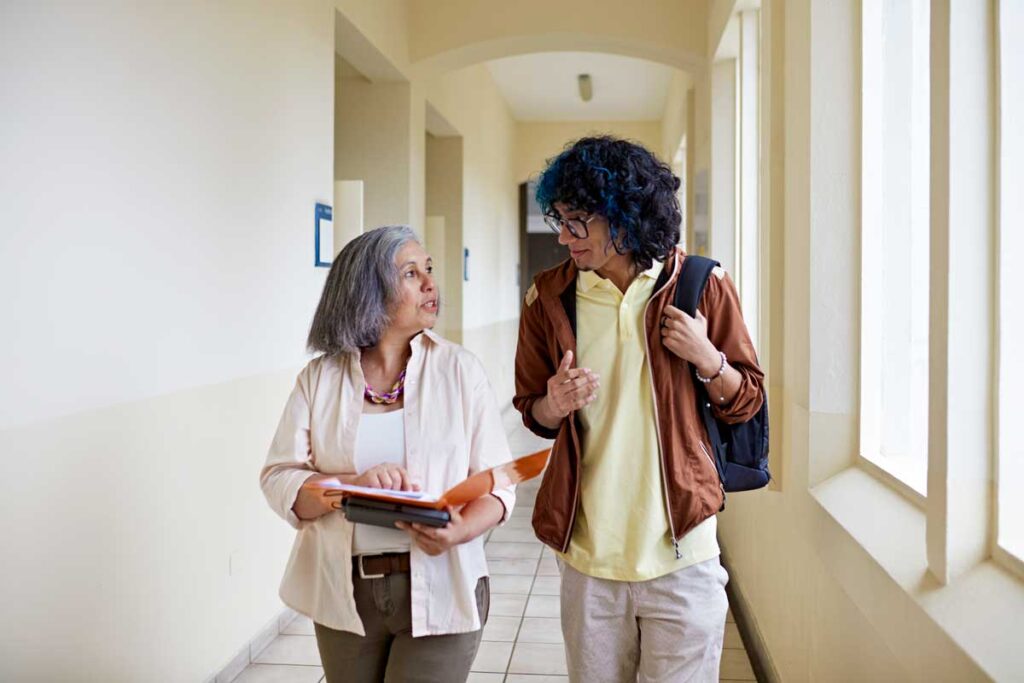
Personalized Mentorship
Offers one-on-one guidance from experienced teachers, ensuring tailored support for each participant’s unique journey toward mindfulness.
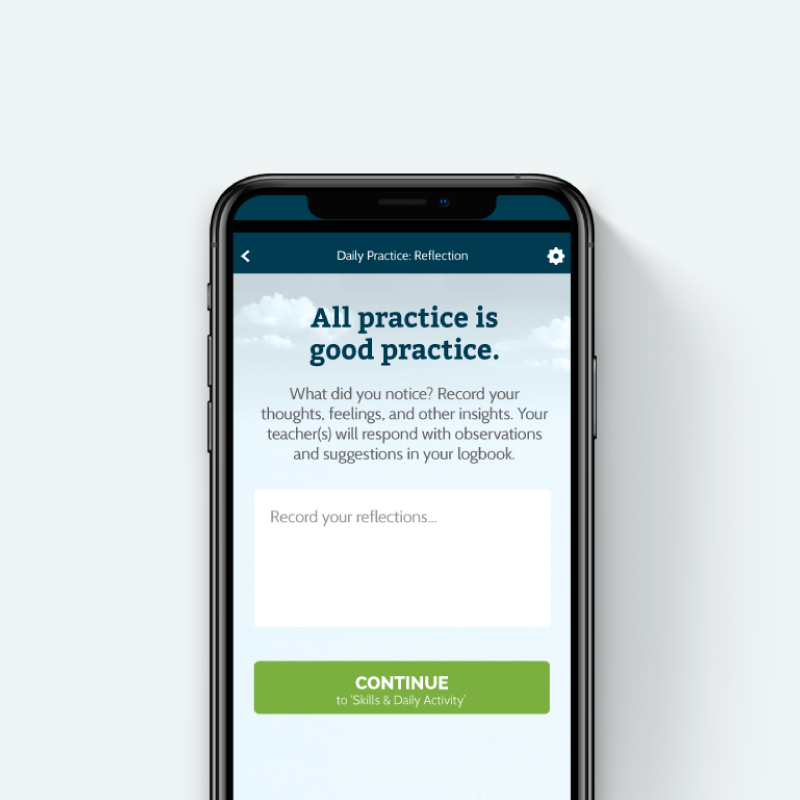
Tech Integration
Enhances learning through cutting-edge technology, ensuring the educational journey is modern, accessible, and efficient for all participants.
Structured Learning
Promotes habit formation with a structured curriculum that includes daily homework, a mindfulness log, and 10 minutes of daily practice for consistency.
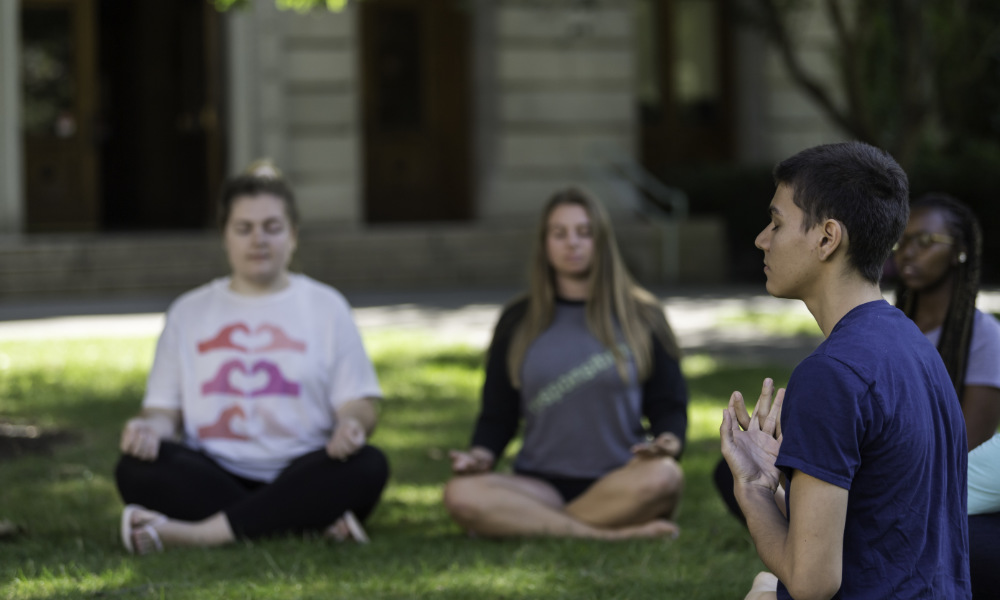
Community-Centric
Builds a supportive environment through small, diverse group connections, fostering a sense of community integral to our approach.
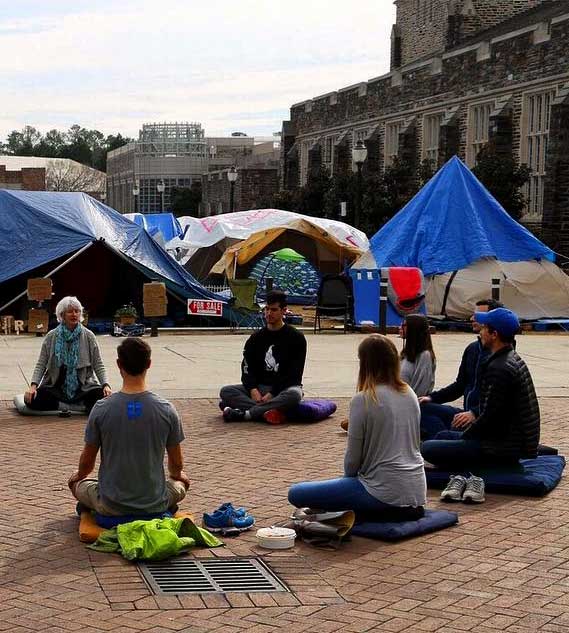
Evidence-Based Excellence
Supported by our Randomized Controlled Trial, our curriculum cultivates calmness, better rest, self-compassion, and mindfulness.
